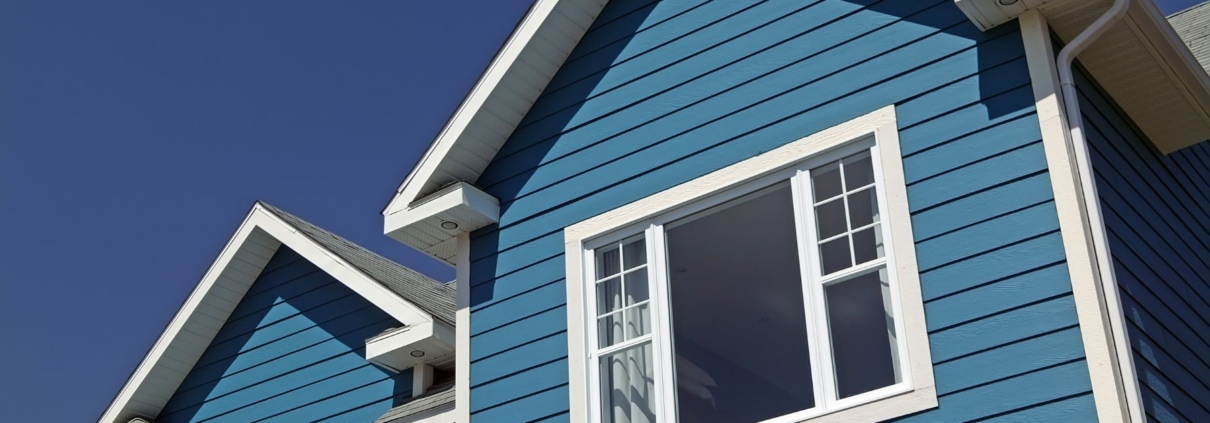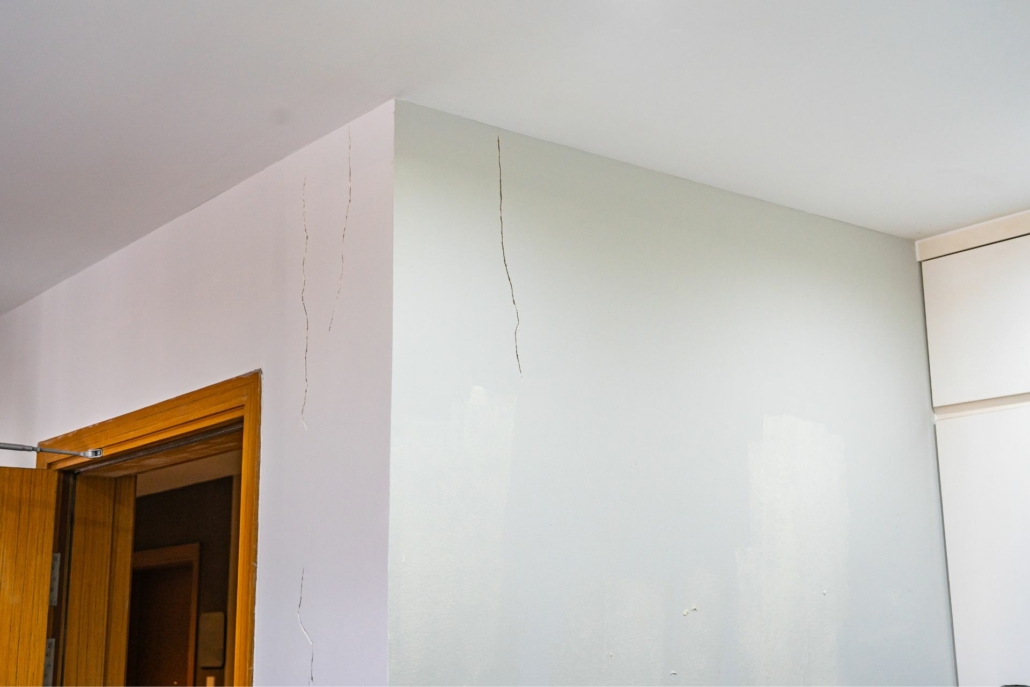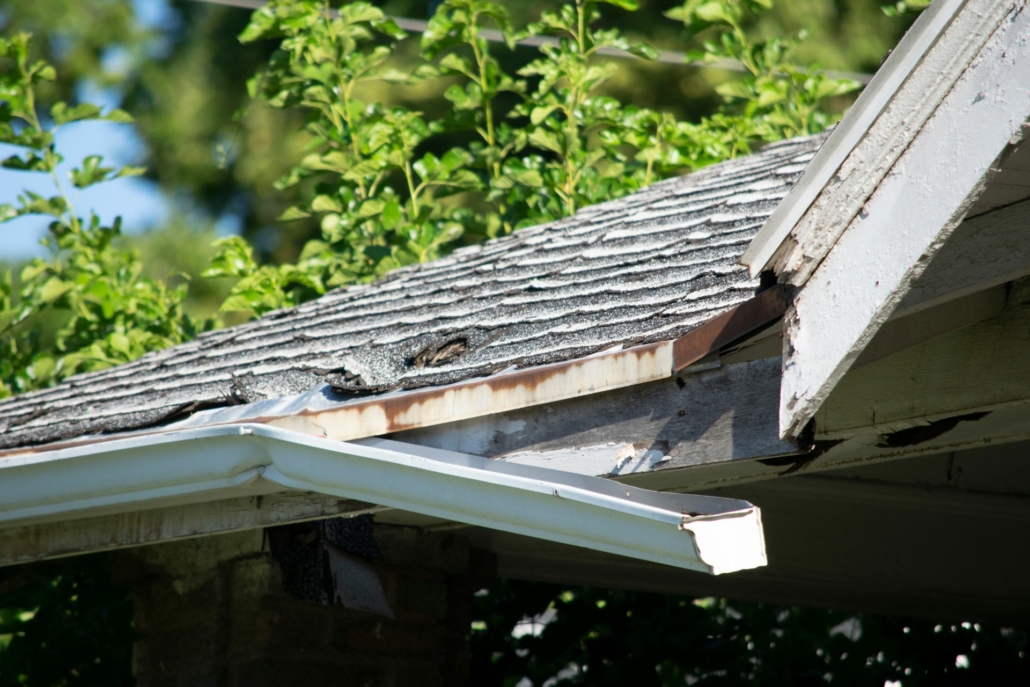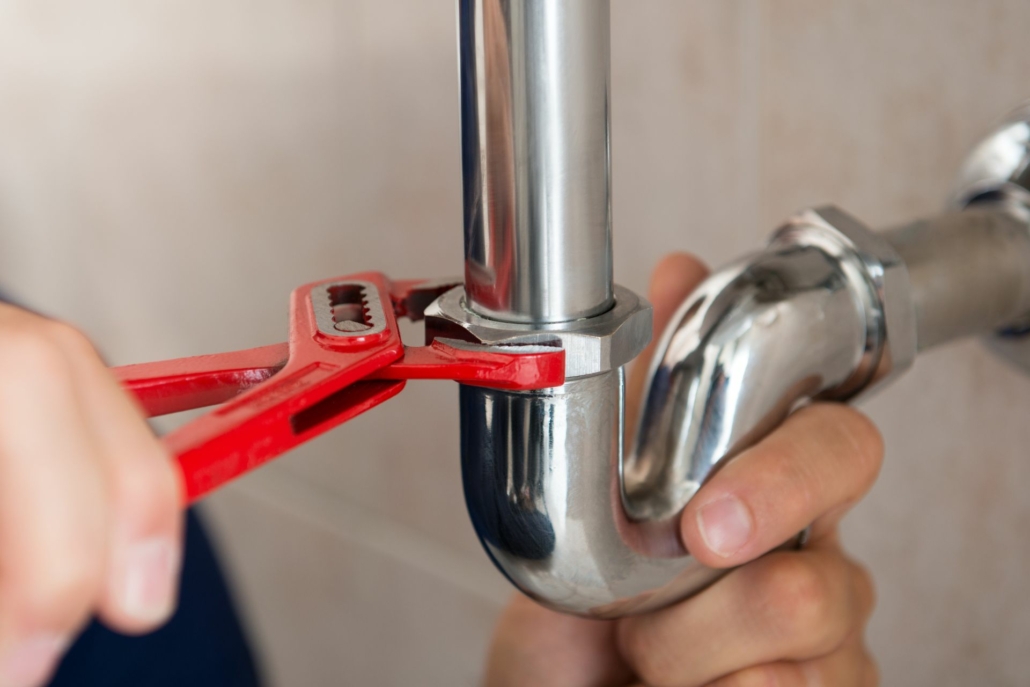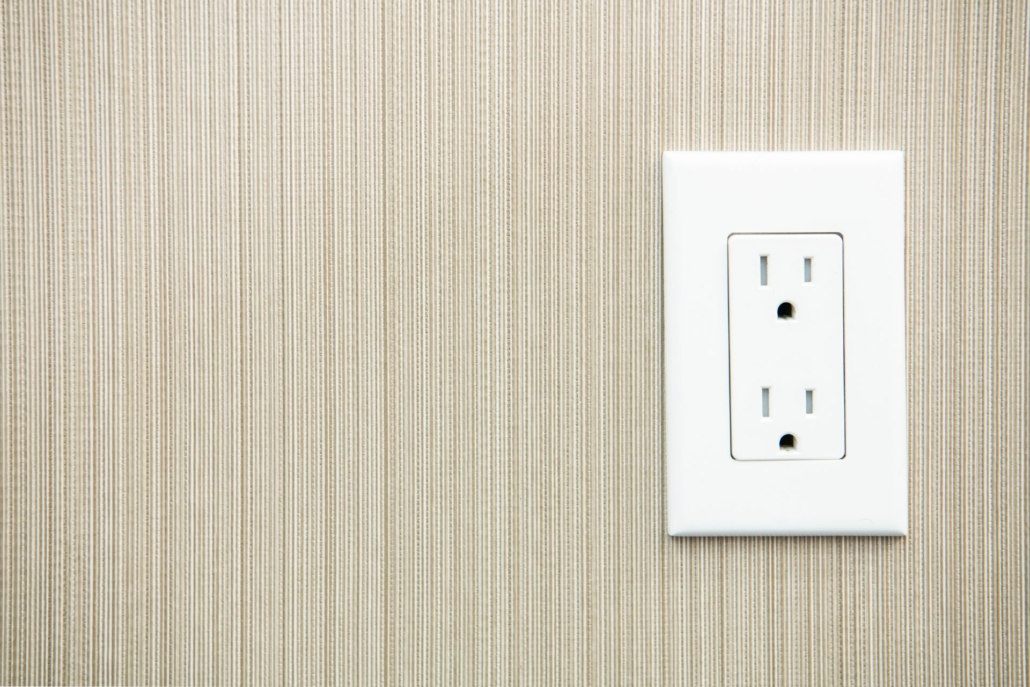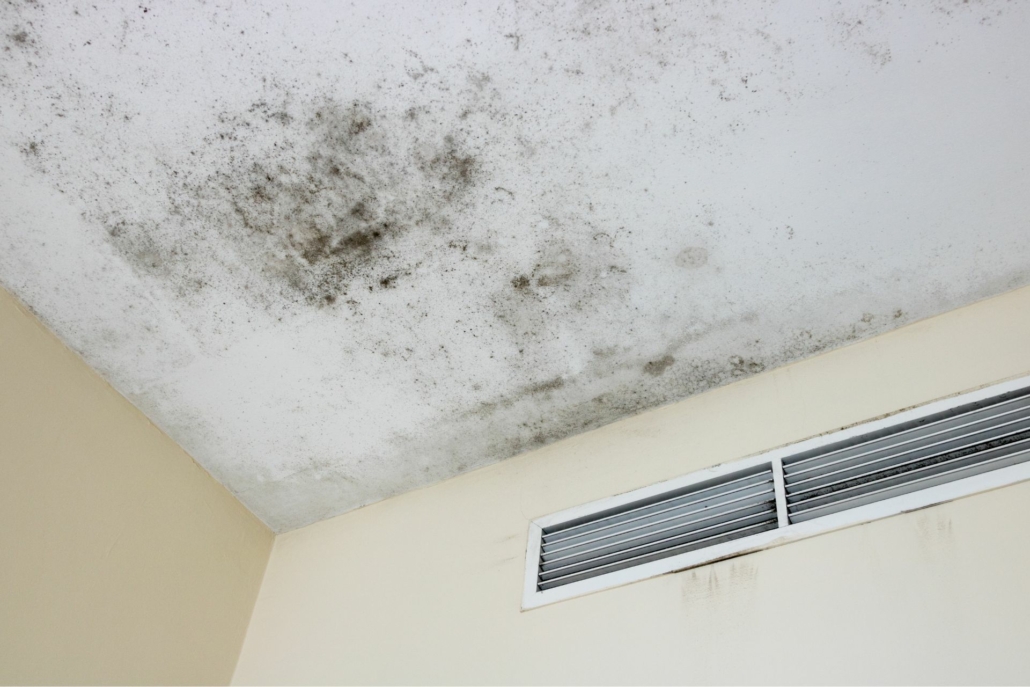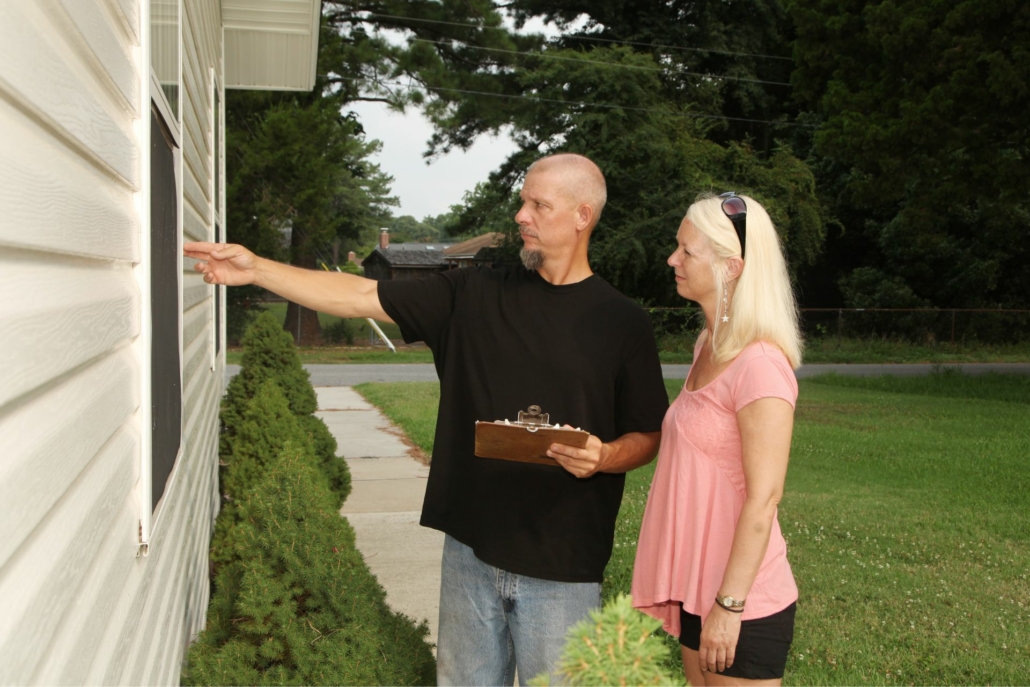In the bustling Delaware real estate market, every home seller aims to make their listing stand out while ensuring a seamless sale process. If you’re preparing to list your home, you might have come across the term’ pre-listing inspection’. While some might see it as just another box to tick off, in reality, it’s a strategic move that can offer various benefits.
In this guide, we’ll delve deep into why a pre-listing inspection is not only a smart choice but also a potentially lucrative one for Delaware homeowners. Whether you’re a seasoned seller or putting your home on the market for the first time, this insight could make all the difference. Let’s get started.
Understanding the Importance of a Pre-listing Inspection in Delaware
In Delaware’s ever-evolving real estate landscape, being well-prepared and informed is the key to a successful home sale. One of the critical steps that can provide both sellers and buyers with peace of mind is the pre-listing inspection. But what is it, and how does it differ from other types of inspections? Let’s dive in.
What is a Pre-listing Inspection?
A pre-listing inspection is an examination carried out by a certified inspector before a home is listed for sale. Think of it as a thorough health check-up for your home. A pre-listing inspection can give you insights into the condition of your property before showcasing it to potential buyers. Its primary goal is to identify any issues or potential areas of concern that might deter buyers or affect the home’s value.
By addressing these early on, you can enhance the appeal of your property, reduce the risk of surprises during the buyer’s inspection, and potentially even raise the home’s market value.
Now, you might wonder how this differs from the buyer’s home inspection. While both inspections aim to understand the home’s condition, their timing and implications are distinct:
- Timing: As the name suggests, a pre-listing inspection is done before the home is listed for sale, while a buyer’s inspection takes place after an offer is made but before the sale is finalized.
- Implications for Sellers: With a pre-listing inspection, sellers get a proactive opportunity to address any issues or make necessary repairs. This can lead to smoother negotiations and a more streamlined sales process. In contrast, issues discovered during a buyer’s inspection can lead to renegotiations, potential price reductions, or even a buyer backing out of the deal.

Key Benefits of a Pre-listing Inspection for Delaware Sellers
In Delaware, a pre-listing inspection is a pivotal strategy that’s gaining traction in the real estate market. This is because it brings a host of benefits that can make a significant difference in the home-selling journey. Let’s explore some of the top advantages Delaware sellers can enjoy with a pre-listing inspection.
Gaining a Competitive Advantage
In a market flooded with listings, standing out is paramount. A pre-listing inspection can provide you with a competitive advantage through the following:
- Making Listings Stand Out: An inspected home is perceived as a well-maintained home. When potential buyers see that a property has undergone a pre-listing inspection, it signals that the seller is transparent and has nothing to hide. This added layer of trust can push your listing to the forefront of a buyer’s choices.
- Providing Peace of Mind for Buyers: Purchasing a home is a significant investment. Buyers appreciate any measures that reduce uncertainty. Knowing a home has been pre-inspected provides an additional layer of confidence, making them more likely to consider and move forward with the purchase.
Addressing Issues Proactively
A stitch in time saves nine, and this couldn’t be truer in the context of a pre-listing home inspection. It can help address issues proactively through the following:
- Discovering and Resolving Problems: By identifying issues beforehand, sellers can decide whether to fix them or adjust their listing price accordingly. This preemptive approach prevents last-minute scrambles to address concerns raised during a buyer’s inspection.
- Reducing Risk of Derailed Deals: Nothing is more frustrating than a deal falling apart at the last moment due to unexpected issues. With a pre-listing inspection, sellers can minimize such surprises, ensuring smoother negotiations and a higher likelihood of the sale going through.
Potentially Increasing Home Value
A well-maintained home is a valuable home, and a pre-listing inspection can guide sellers in optimizing their property’s value through the following:
- Addressing Minor Issues for Major Gains: Simple fixes, such as repairing leaky faucets or patching up cracks, can drastically improve a home’s appeal. While they might seem inconsequential, these minor repairs can make a big difference in a buyer’s perception, reflecting a well-cared-for property.
- Doing Common Enhancements: Some frequent findings in pre-listing inspections include inadequate attic insulation, outdated electrical systems, or minor water damage. Addressing these can boost the home’s market value and its functional and aesthetic appeal to potential buyers.
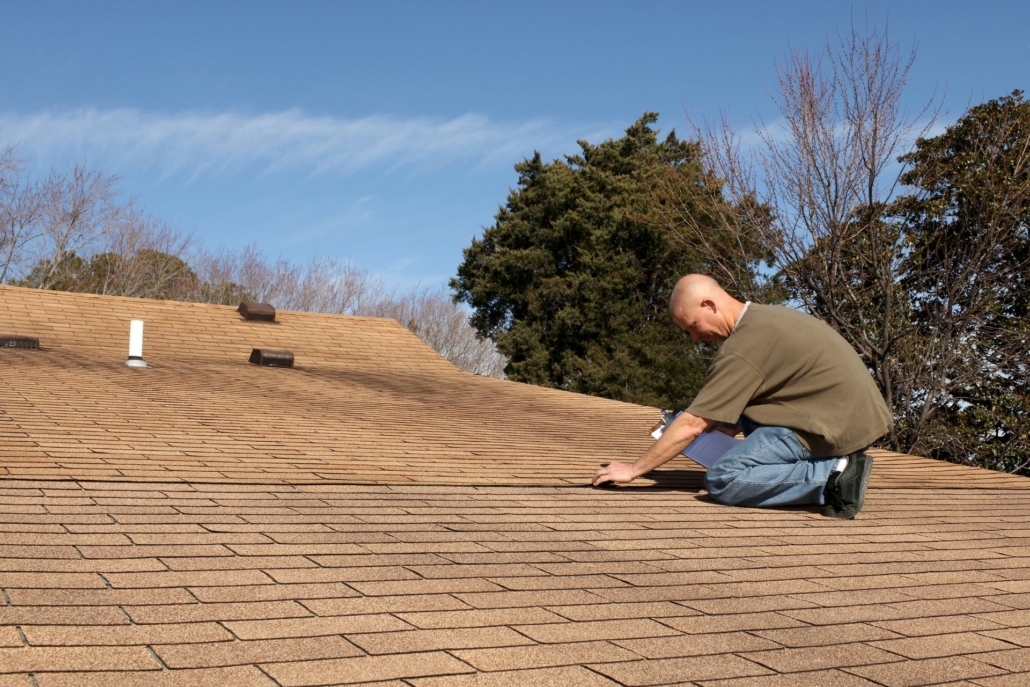
Common Misconceptions About Pre-listing Inspections
The choice to invest in a pre-listing inspection is no different. While its benefits are manifold, there are common misconceptions that make some sellers hesitant. Let’s address these myths head-on, dispelling the doubts and highlighting the value a pre-listing inspection can offer.
“It’s Just an Additional Cost”
It’s easy to see a pre-listing inspection as another expense in the long list of costs associated with selling a home. However, when viewed from a broader perspective, the value becomes clear. Here’s why:
- Potential ROI: The initial investment in a pre-listing inspection can lead to a higher selling price. By addressing issues in advance, sellers can list their homes with confidence, often resulting in a price that’s commensurate with its pristine condition. Furthermore, a smooth sale process without renegotiation pitfalls can lead to quicker closings, saving time and potential holding costs.
- Saving Money in the Long Run: Discovering issues during a buyer’s inspection can lead to costly, last-minute repairs or price reductions to keep the sale alive. In many cases, the cost of preemptively fixing these issues (informed by a pre-listing inspection) can be significantly less than the financial implications of addressing them during the negotiation phase.
Buyers Will Inspect Anyway, So Why Bother?
While it’s true that many buyers will conduct their inspections, this doesn’t negate the value of a seller-initiated inspection. The reasons are as follows:
- Benefit of Both Inspections: When sellers conduct pre-listing inspections, they’re often able to address major concerns before the buyer’s inspection, leading to fewer surprises and a smoother transaction. This doesn’t make the buyer’s inspection redundant; instead, it reaffirms the property’s condition, reinforcing buyer confidence.
- The Value of Transparency: When sellers present a pre-listing inspection report, it sends a powerful message about transparency and integrity. It tells buyers, “I’ve done my due diligence, and here’s what I know about the home.” This level of openness can build trust, making buyers more comfortable with the purchase and potentially even sway their decisions in a competitive market.

How to Choose the Right Inspector in Delaware
Taking the wise step of opting for a pre-listing inspection is just the beginning. The next crucial phase is selecting the right inspector to ensure a thorough and accurate assessment of your property. With numerous professionals available in Delaware, how can you discern the best fit for your needs? Let’s guide you through the process, offering tips and pointers to help you make an informed decision.
Checking Qualifications and Credentials
The foundation of a trustworthy inspector lies in their qualifications and credentials. Here’s why they matter and what you should look for:
- Certifications and Training: A reliable home inspector should have undergone formal training and obtained certifications from recognized institutions. Organizations such as the American Society of Home Inspectors (ASHI) or the International Association of Certified Home Inspectors (InterNACHI) set industry standards and provide training to inspectors. Certifications from such bodies can be a strong indicator of an inspector’s competence.
- Local Delaware Regulations: Different states have various requirements and regulations for home inspectors. In Delaware, ensure that your inspector is compliant with local licensure requirements and adheres to the state’s standards of practice. Familiarity with local building codes and norms is also a significant plus, as it ensures your inspector knows the specifics of homes in the region.
Seeking Recommendations and Reviews
Word of mouth and shared experiences can be powerful tools in your search for the right inspector. Here’s how to make the most of them:
- Look for Local Delaware Community Feedback: Start by asking friends, family, or neighbors who’ve recently sold homes in Delaware. Their firsthand experiences can provide insights into the inspectors they hired, their thoroughness, professionalism, and overall satisfaction with the service.
- Check Online Platforms: Websites like Yelp, Angie’s List, and Google Reviews can be valuable resources. Look for inspectors with high ratings and read through reviews to understand the strengths and potential concerns associated with each professional. Remember to focus on recent reviews, as they offer the most up-to-date feedback.
- Consult Local Real Estate Agents: Experienced real estate agents have likely worked with multiple home inspectors over the years. Their recommendations can be based on consistent performance and feedback from multiple clients, making them a valuable source of referrals.

Preparing Your Home for a Pre-listing Inspection
Deciding to have a pre-listing inspection is a proactive step in the home-selling journey. But, just as you’d prepare your home for an open house or a viewing, it’s essential to get it ready for this inspection. A well-prepared home can make the process smoother and more efficient, ensuring that the inspector can easily access all areas and provide a comprehensive report. Here are some practical steps to guide you through this preparation:
Decluttering and Cleaning
A clean and organized home is not just aesthetically pleasing but also facilitates a more efficient inspection. An inspector needs to examine various elements of your home, from electrical outlets to the corners of the basement. A decluttered space ensures they can do so without hindrance. Plus, a tidy home can make a positive impression, suggesting that the property is well-maintained and cared for.
Furthermore, while you might focus on the obvious spots like living rooms or bedrooms, don’t forget to ensure that areas around your furnace, water heater, and electrical panels are clear. Clear out under-sink areas in bathrooms and kitchens, as inspectors will check for possible leaks or plumbing issues. Ensure crawl spaces and storage closets are accessible and reasonably organized, as these are often packed with items over time.
Providing Easy Access
The ease with which an inspector can move around directly impacts the quality of the inspection. Here’s how to ensure unhindered access:
- Ensure All Areas are Accessible: Move any furniture, boxes, or items that might block access to doorways, windows, or other vital areas of the home.
- Be Wary of Locked Rooms and Spaces: Ensure that no room is locked. If certain areas, like a home office, are typically locked, leave them open on inspection day or provide a key. This includes external structures like garages or sheds.
- Check Attics, Basements, and Specialty Rooms: Make sure the entryways to your attic or basement are clear. If you have crawl spaces, ensure they are easily accessible. For homes with unique features, like wine cellars or specialized storage, ensure the inspector can enter without difficulty.
Conclusion: Making an Informed Decision in the Delaware Real Estate Market
In the ever-evolving Delaware real estate landscape, a pre-listing inspection stands out as a strategic tool for home sellers. Beyond merely identifying potential issues, it underscores a commitment to transparency, boosts property value, and offers a competitive edge.
As you journey through the selling process, remember that being proactive and informed not only enhances your experience but also resonates with potential buyers. Embrace the advantages of a pre-listing inspection from providers like Preferred Home Inspections and pave the way for a smoother, more rewarding home sale experience.


